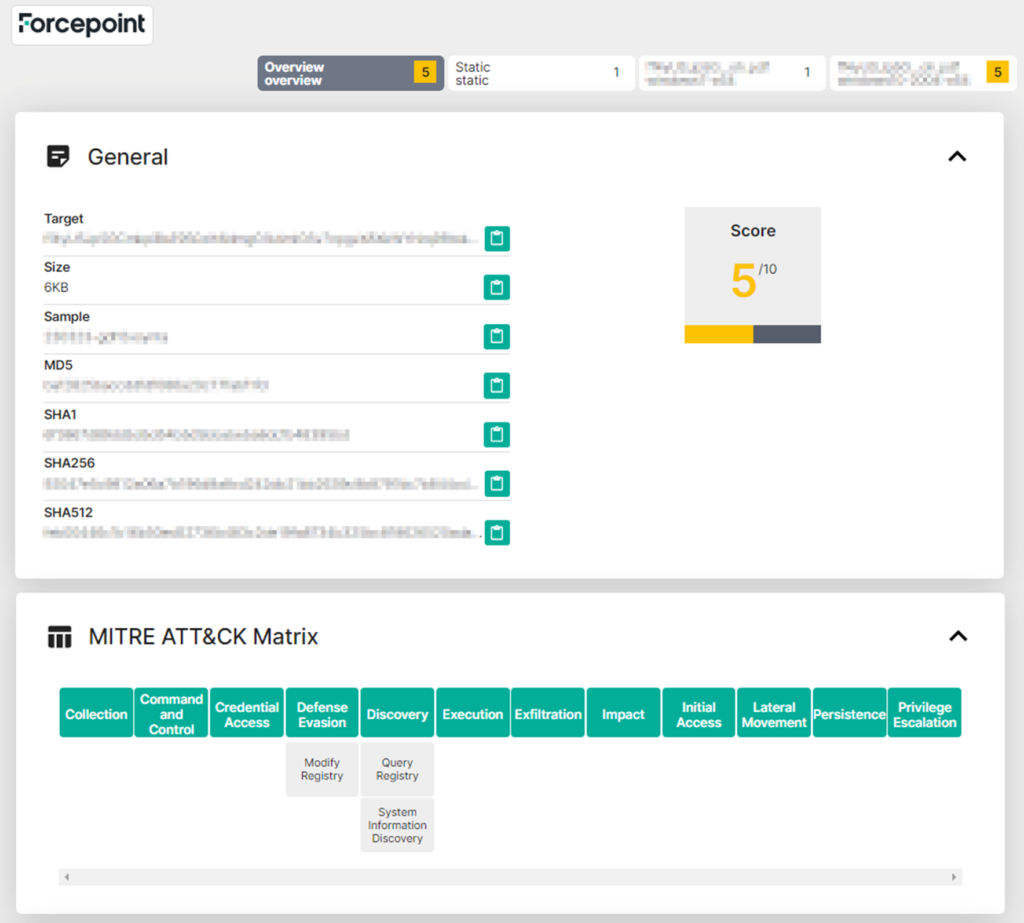Organizations understand these risks and are taking steps to mitigate their exposure and withstand the storm. The question is, what type of storm are they preparing for, a spring shower or a hurricane? Organizations preparing for a worst-case scenario will upgrade and bolster their defenses and may upgrade from a firewall to Next-Generation Firewall (NGFW), a VPN to Zero-Trust Network Access (ZTNA) and complement their static analysis-based AV with an Advanced Sandbox solution. However, not all sandboxes are created equal.
A dangerous threat landscape, complex business dynamics, and internal challenges signal a cybersecurity storm capable of exposing unknown vulnerabilities to Zero-day threats. Organizations are facing an increased number of C-level attacks and smarter adversaries that are busy creating advanced malware designed to evade AV solutions. New threat vectors emerged from cloud adoption, distributed workforce, and the BYOD paradigm. Internal challenges, such as a lack of skilled security professionals and overwhelmed IT administrators dealing with false alarms that hinder threat-hunting initiatives.
That is why we are excited to announce the general availability of our latest Advanced Sandbox solution, Forcepoint Advanced Malware detection and protection (AMDP), powered by Hatching, a Recorded Future Company. Forcepoint AMDP is an integrated file sandbox solution that fits in with our Forcepoint Secure SD-WAN and Web Security offerings. Built from the ground up with modern infrastructure to detect the most evasive Advanced Malware and Zero-day threats, AMDP delivers configuration extraction of 150+ families of malware, classification of 350 malware families, and is OS agnostic. Forcepoint AMDP detects Advanced Malware that evades static analysis such as traditional AV.
Check out the Forcepoint AMDP product page for more information.
The seamless integration with Forcepoint Secure SD-WAN and Web Security solutions provides organizations with simple deployment, configuration, and management from a single vendor. Forcepoint’s global customers also gain protection from advanced malware, as Forcepoint’s Collective Threat Intelligence is shared across Forcepoint’s product portfolio. Once AMDP detects a Zero-day malware, the code is shared across Forcepoint’s product portfolio and informs administrators of the newly found malware, enabling security professionals to harden their security posture by acting against current threats and defending against future ones. AMDP can analyze a wide range of file types, including office documents, executables, archives, and batch files to name a few. And since AMDP is platform-agnostic, it can detonate OS-specific files in windows, macOS, Linux, and Android environments, providing increased detection as more file types are supported.
This post was first first published on Forcepoint website by Carlos Carvajal. You can view it by clicking here

